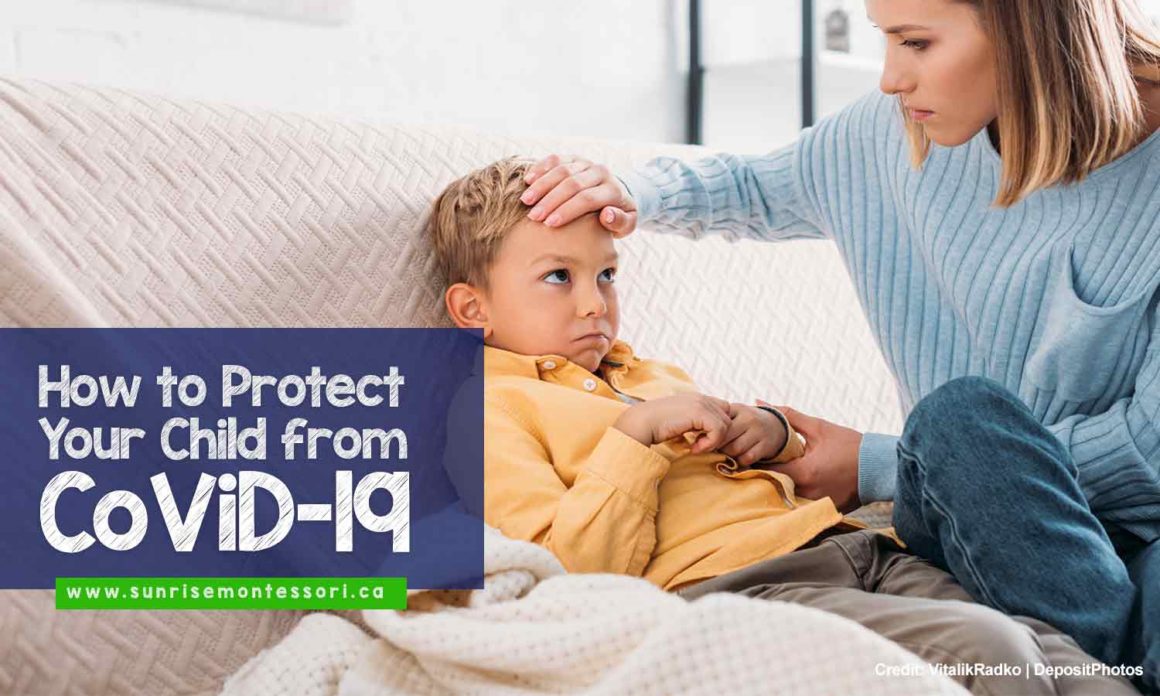Everyone is talking about the coronavirus disease (CoViD-19) and how it has affected the health of hundreds of thousands of people across the world. It has brought uncertainty to millions of people since its emergence at the end of 2019.
As the virus spreads in Canada, many parents are concerned about the health of their children. Health and medical experts from all over the world have worked tirelessly to study the nature and behaviour of this new strain of coronavirus and how it will continue to affect the world.
How CoViD-19 Affects Children
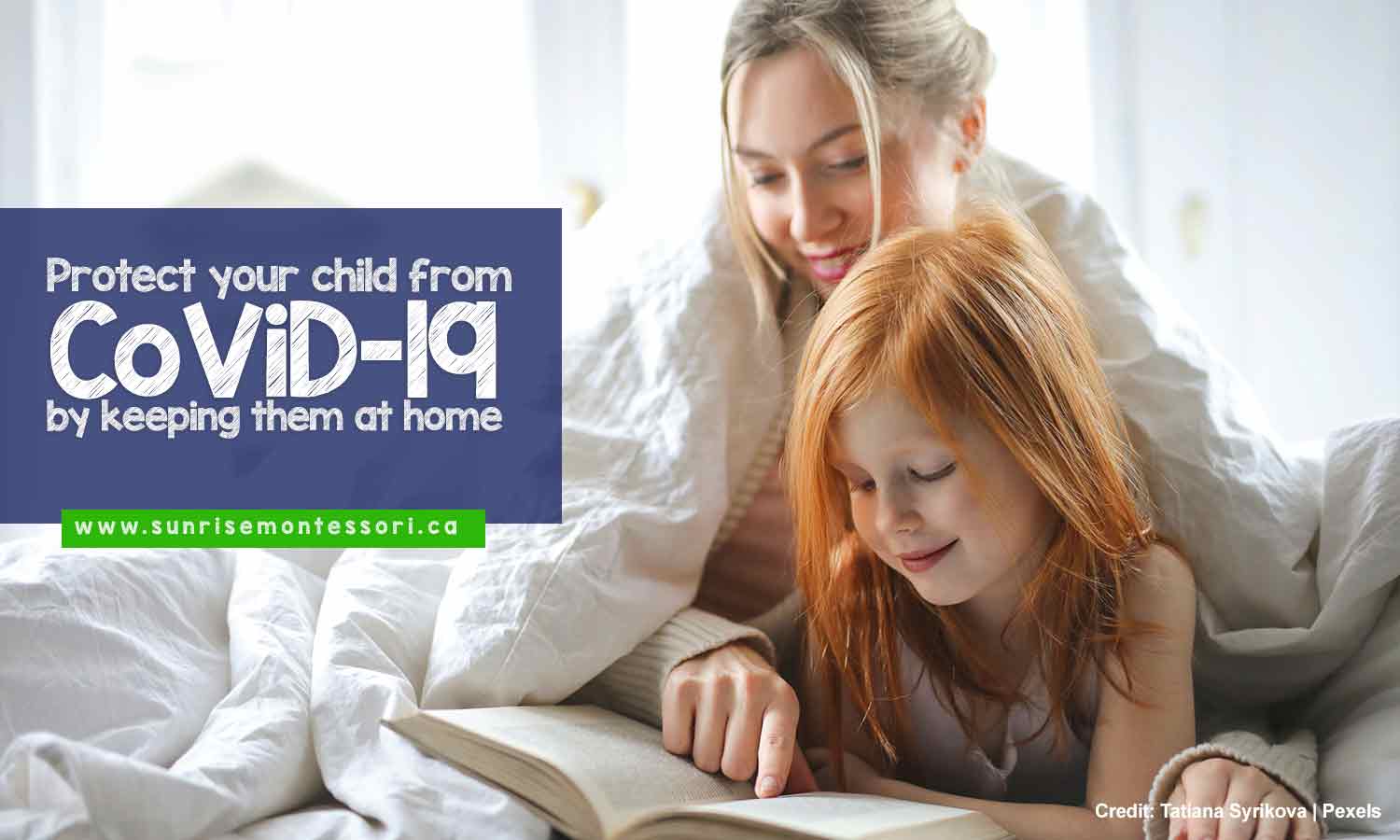
While CoViD-19 can affect people of all ages, the disease appears to be less serious in children than in older adults and health experts do not know why.
The CoViD-19 technical lead at the World Health Organization (WHO), Maria Van Kerkhove said, “We do know that children tend to have more mild infections, have more mild disease, but we have seen [at least one child] die from this infection. We can’t say universally that it’s mild in children, so it is important that we protect children as a vulnerable population.”
Although children are less vulnerable to the disease, it is still important to take care of and maintain the health of your child. Contact a healthcare provider immediately if you notice any of these symptoms related to CoViD-19:
- Fever
- Runny nose
- Cough
- Difficulty breathing
Although less common, vomiting and diarrhea have also been reported in children with confirmed CoViD-19. While more studies need to be done to confirm if CoViD-19 can put children with underlying health conditions and special healthcare needs at higher risk for severe illness, parents must be extra vigilant in protecting their children from the disease.
Keeping Your Children Healthy and Safe
With schools and childcare centres temporarily closed, parents have an important role in keeping their children healthy and well-protected amid the CoViD-19 pandemic.
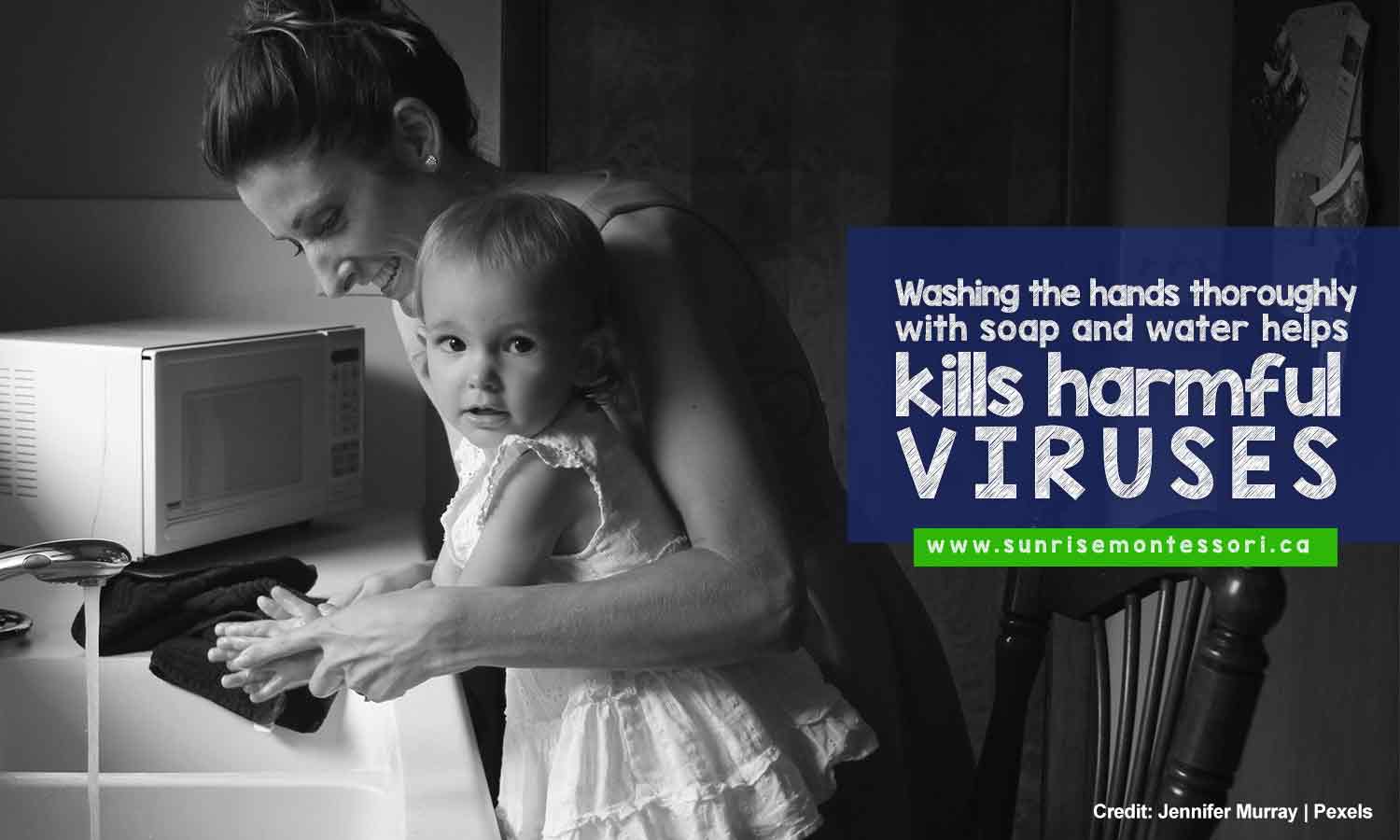
- Emphasize Good Hygiene
As a parent or a caretaker, you play a critical role in teaching children the importance of practicing good hygiene, such as washing their hands properly and frequently. Show them the correct way of washing their hands thoroughly with soap and water for at least 20 seconds. If soap and water are not readily available, make sure to clean their hands with hand sanitizer with at least 60 percent alcohol content, especially if they are in a public place or after playing. Also, teach them not to touch their mouth, nose, and mouth.
- Teach Your Child to Observe Social Distancing
Teach your children to practice social distance by observing at least a 1-metre space between themselves and others to reduce close contact, especially when in public places. Better yet, keep them inside your home as much as possible.
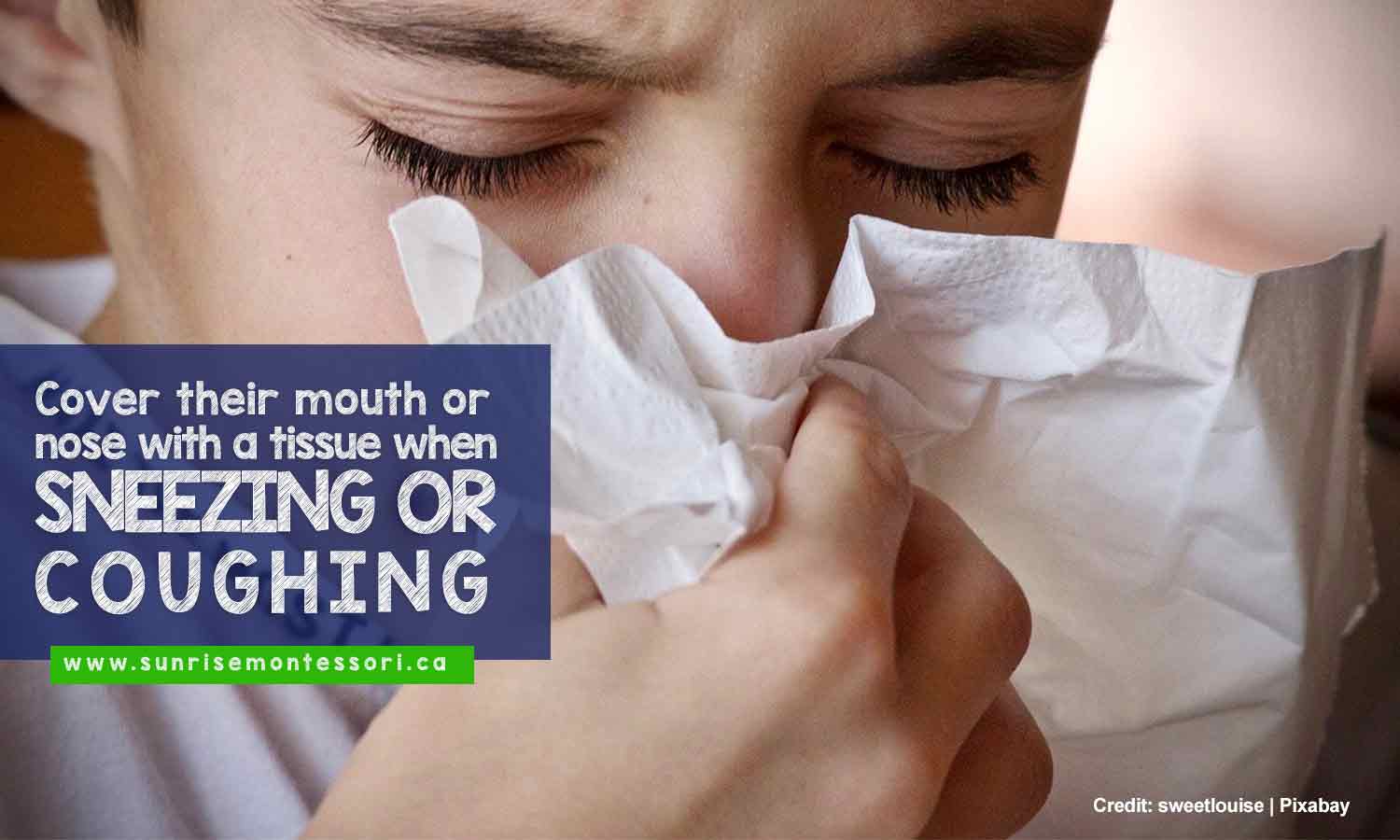
- Make Sure They Cover Their Mouth and Nose
Teach them to cover their mouth or nose with a tissue when coughing or sneezing and to throw it away into the trash bin immediately after each use. If tissue is not readily available simply teach them to cough and sneeze into their arm or elbow and not with their hands.
- Disinfect Your Home and Their Toys
Use EPA-approved household cleaning agents to clean and disinfect your home, especially frequently-touched items, such as doorknobs, chairs, tables, handles, keyboards, phones, and faucets.
Make sure to wash their toys and stuffed animals. Read and follow the manufacturer’s instructions in the warmest water possible. Make sure they are completely dry before giving them to your children.
Talking to Children About CoViD-19
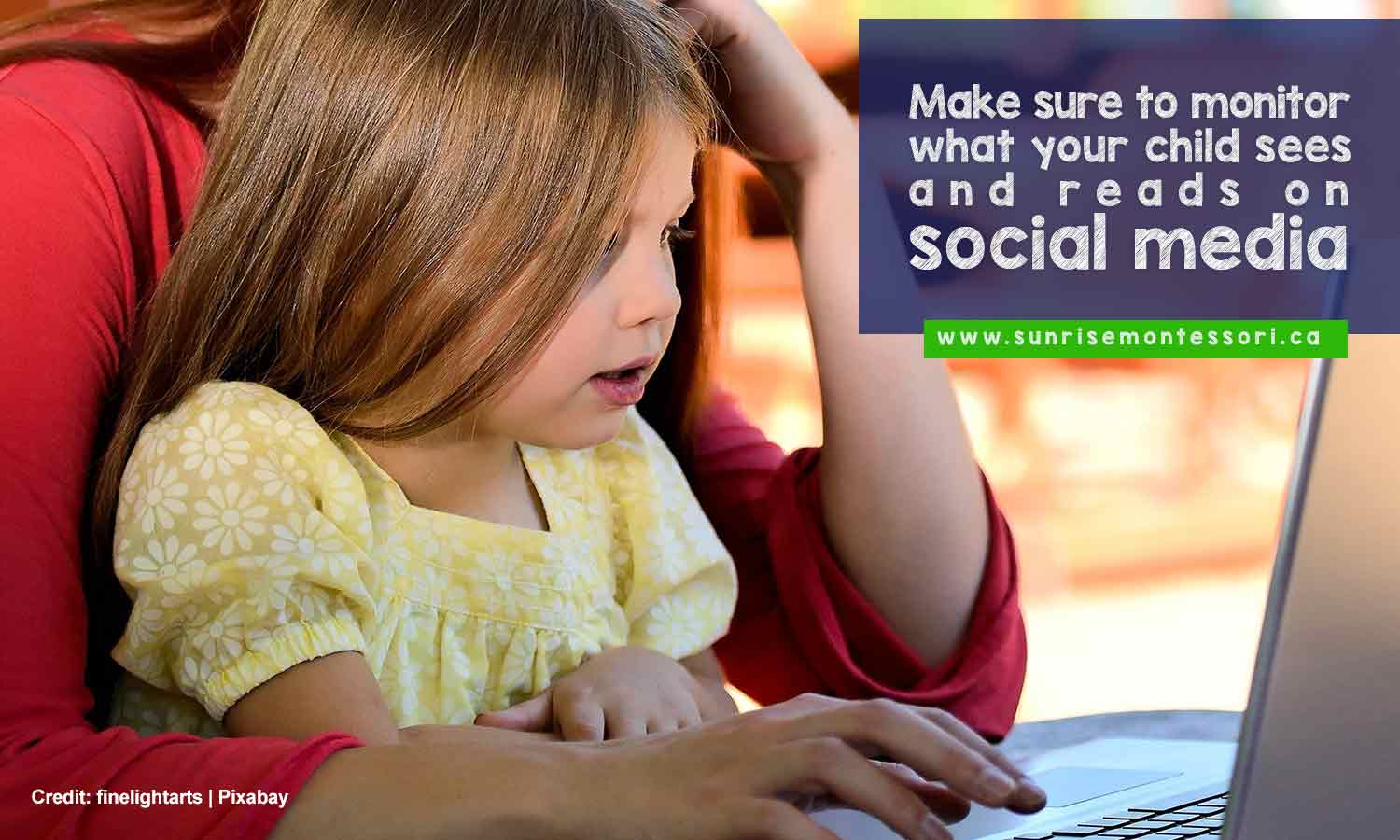
News coverage about the CoViD-19 outbreak can be overwhelming. To prevent your child from experiencing anxiety, make sure to filter information and talk about what is happening in a way that will help them understand.
- Give them reassurance that health and medical experts are working hard to control the virus and develop CoViD-19 treatments to keep everyone safe.
- Give them control of what they can do to help to keep themselves healthy and stop the spread of the virus, such as washing their hands frequently, coughing into a tissue or their sleeves, and staying at home.
- Make sure to watch for any signs of anxiety, such as becoming cranky, more clingy, or trouble sleeping. Give them reassurance constantly and stick to their normal routines.
- Monitor and filter their media by keeping away frightening images they may see on television and social media.
- Be a good role model for your children. Explain to your children that CoViD-19 does not discriminate against anyone (no matter what the race) and neither should we. Although the coronavirus originated in China, it does not necessarily mean that the Chinese are more susceptible to the virus or more contagious. Teach them the importance of empathy and support during this trying time.
How to Deal with School and Childcare Closings

Learning should never stop despite the temporary closure of schools and childcare centres. Since most of us are advised to stay at home to slow down the transmission of CoViD-19 while medical and health experts are trying to figure out how to prevent coronavirus and treat patients affected by the disease, there is a lot you can do to continue their daily routine and schedule to keep them physically and mentally active.
- Some schools have adopted online or virtual learning to ensure continued learning even at home. Make sure to monitor, assist, and review their assignments and establish a reasonable routine for completing their school assignments and projects.
- Reading books with your child is a fun way to stimulate their creative imagination and expand their understanding of the world. Reading also helps develop a stronger relationship between parents and children. It also gives your children feelings of attention, love, and reassurance, which is vital for nurturing their wellbeing.
- School break is also a great time to bond with your children. You can do some fun activities together like bringing out the blocks, puzzles, and balls, or do paintings or drawings. Make time for active plays, like tag or duck-duck-goose.
- Keep them healthy by serving delicious and nutritious meals every day. Incorporate immunity-boosting foods to protect them from harmful disease-causing viruses and bacteria, especially during these times.
Parents are encouraged to stay up-to-date about the coronavirus outbreak to ensure the health and safety of their kids and CoViD-19 at bay. Although we may feel anxious about the outbreak, keep in mind that children take emotional cues from their parents. That is why you have to be healthy and strong — physically, emotionally, and mentally — to provide them with a sense of safety and security.
Sunrise Montessori School in Markham understands how health and safety can impact your child’s development. That is why we prioritize your children’s health and safety in addition to providing quality early education. Our professional education and childcare services are tailored to our commitment to providing lifelong learning. Please feel free to give us at (905) 477-2833 to learn more about our different classes and programs.

